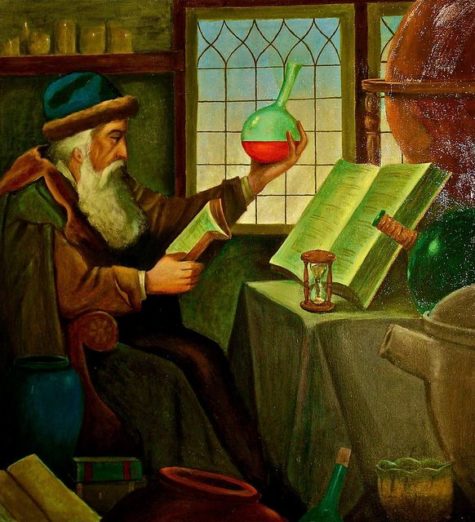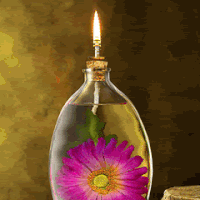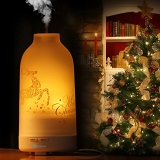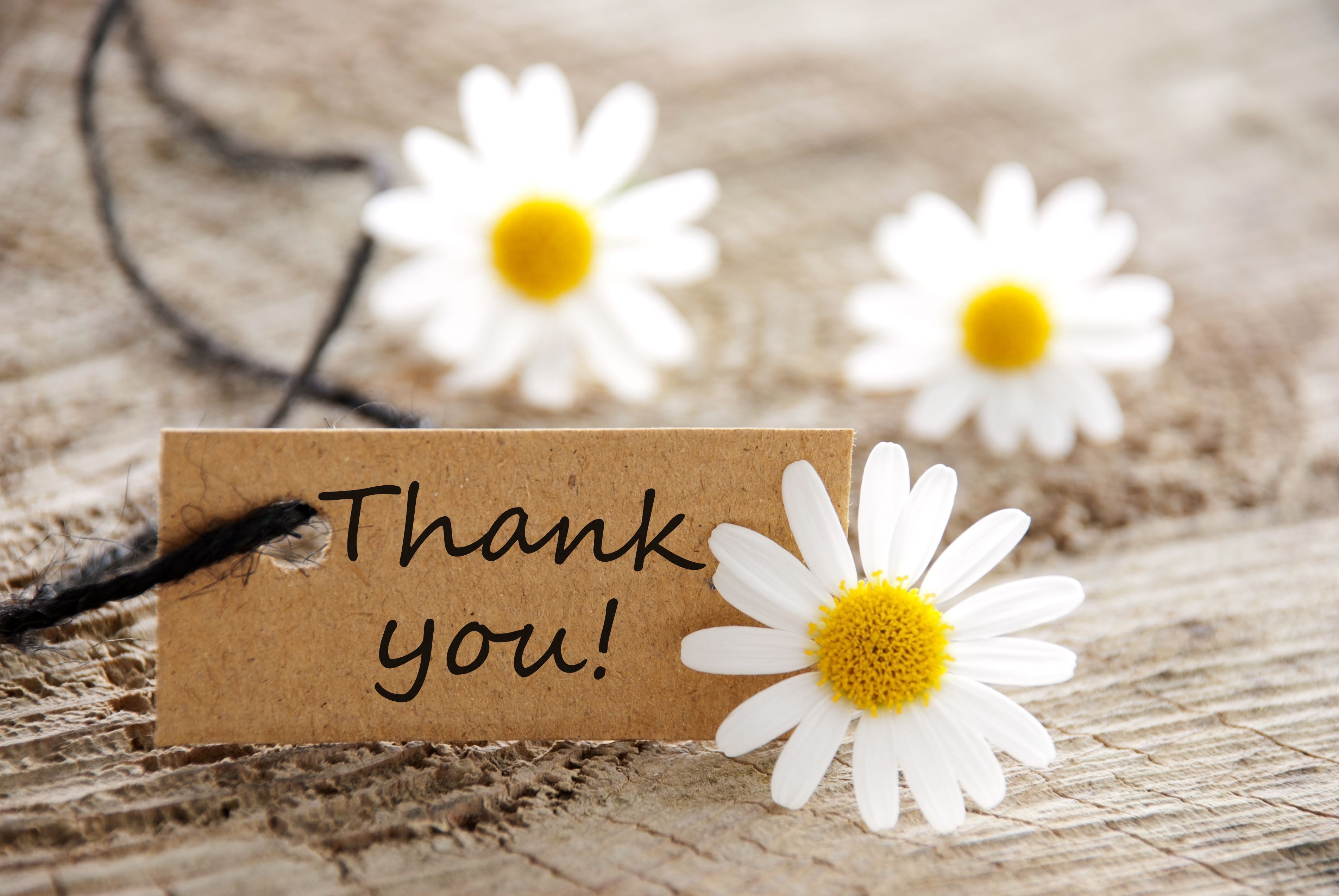Babylon
The Origins of Aromatherapy

The origin and elements of Aromatherapy can be traced back to nearly 3000 years before Christ, when the earlier Egyptians used the elements of Aromatherapy in their daily lives. Documented records show that Egyptians burned incense made from aromatic woods and additional herbs to honor their gods.
Also imperial harems and guest houses used many aromatic oils very profusely to satisfy numerous important guests. Aromatherapy has its roots in the most ancient healing and therapeutic practices. Healing plants are used to cure many ailments and used in many sacred rituals to evoke separate states of consciousness.
Elaborate religious ceremonies were performed in Egyptian temples, where the dead King was mummified and surrounded with exotic necessary oils. Egyptians believed very firmly that essential oils have an unusual preserving property when added with other spices.
Embalming was one of the principal uses of aromatherapy, preserving the fabric of the bodies for thousands of years. The oils and resins used were so powerful, that in the 17th century mummies were sold in Europe and doctors distilled them for use in their medicines.
Aromatherapy truly emerged from the smoky temples of Egypt 6,000 years ago. Egypt was the motherland of medicine, pharmaceutics, cosmetics and perfumery. Trading was flourishing and traders arrived for trade from all over the world by land and sea to deliver flowers, herbs and plants. Priestesses and priests strictly supervised the delicate preparations in the temples and palaces, reading formulas and chanting incantations and hymns, as substances were measured and combined with ultimate precision.
Purification processes went on for months until the right, perfect subtle blend was achieved.
The Babylonians went so far as to perfume the mortar with which they built their temples – an art they handed down to the Arabs who built their mosques in the same aromatic way. In India the early temples were built entirely of sandalwood, ensuring an aromatic atmosphere at all times.
The use of aromatherapy spread from Egypt to Israel, China, India and the Mediterranean. Every culture, from the most backward to the most up to date, developed their own set of practices. Greek physicians and military surgeons were employed by the Romans every where in the empire. After the fall of the Roman Empire, the science spread to the Arab countries, where medicine men devoted them to the bygone art of alchemy, perfecting the art of distillation and extraction.
Hippocrates, the farther of medicine, said that “the way to health is to have an aromatic bath and scented massage every day.” As far back as the fourth century BC, he recognized that burning certain aromatic substances offered protection against contagious diseases.
For many centuries essential oils were the only remedies for widespread diseases and conditions. During the dreaded Black Plague, very few became ill, who in fact were associated with perfumeries and glove industries where these oils were in profuse use. During the 19th century, with the development of modern science, all forms of herbal medicine disappeared until the 1920s, when French chemist Gatefosse revived the art, giving it the name Aromatherapy.
India was one of the few countries where the custom was never lost, Avurveda being the most ancient medical practice in the world today. Aromatherapy is now used in hospitals, offices, clinics and homes all over the world. Aromatherapy acts as a span between the new and old, most of the industries use these oils for various blends and concoctions, which contribute cure and relief for a number of complications.
Sources:
- The Complete Book of Essential Oils and Aromatherapy
- Incense Warehouse



